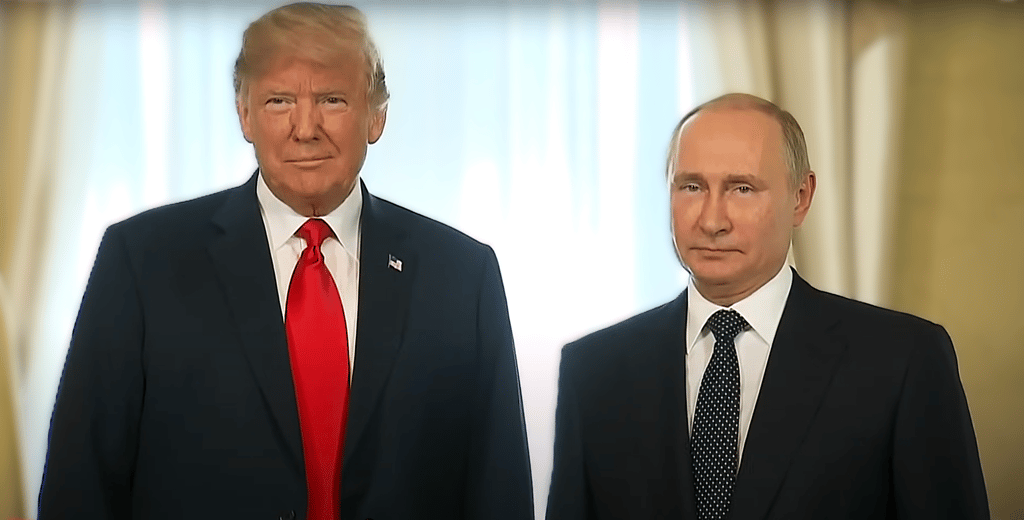Trump and Putin Alaska Meeting: Could Territorial Deals End the War?
Trump and Putin will meet in Alaska on August 15 to discuss Ukraine. Proposed “territorial exchanges” spark global backlash amid fears of legitimizing Russian occupation.
Raja Awais Ali
8/9/20252 min read


Trump and Putin to Meet in Alaska: Step Toward Peace or a Dangerous Deal?
In a surprising announcement, U.S. President Donald Trump confirmed that he will meet Russian President Vladimir Putin on Friday, August 15, 2025, in the U.S. state of Alaska. This will be the first high-level summit with a Russian leader on American soil in nearly four decades, marking what many see as a major turning point in global diplomacy. Trump made the announcement on social media, stating that further details will be released soon.
Speaking to journalists at the White House, Trump unexpectedly suggested that a potential ceasefire agreement could include “mutually beneficial territorial exchanges.” This statement sparked concern both within the United States and internationally, as it raised fears that such a deal might legitimize Russia’s occupation of Ukrainian territories.
Ukrainian President Volodymyr Zelensky strongly rejected the proposal, declaring that Ukraine “will not give its land to occupiers.” He stressed that the Ukrainian constitution does not allow for any territorial concessions, and any agreement reached without Ukraine’s participation would be “unworkable” and contrary to the goal of achieving peace.
The choice of Alaska as the meeting venue is significant. Since the United States is not a member of the International Criminal Court, Putin can visit without the risk of arrest. Additionally, Alaska’s geographic proximity to Russia makes it both a practical and symbolic location.
Diplomatic activity has intensified ahead of the summit. Trump’s special envoy recently visited Moscow for talks, reportedly discussing a ceasefire in exchange for territorial changes — although details have yet to emerge. At the same time, Trump has increased economic pressure, including the imposition of new tariffs on Indian goods this month.
The potential outcomes are highly controversial. Under Ukraine’s constitution, transferring any territory to Russia would be illegal and would face strong public and European opposition. Such an agreement could solidify Russia’s occupation and raise serious questions about Ukraine’s sovereignty.
This meeting comes as the war enters its fourth year, with thousands of lives lost and widespread destruction continuing. While numerous peace efforts have been attempted, no framework has yet emerged that can end the war while preserving Ukraine’s territorial integrity.
The world’s eyes are now on Alaska. The summit could either be a step toward a historic peace agreement or a dangerous decision that rewards aggression. The real test will be whether the deal guarantees Ukraine’s full participation and sovereignty. Without that, it may be considered dead on arrival.